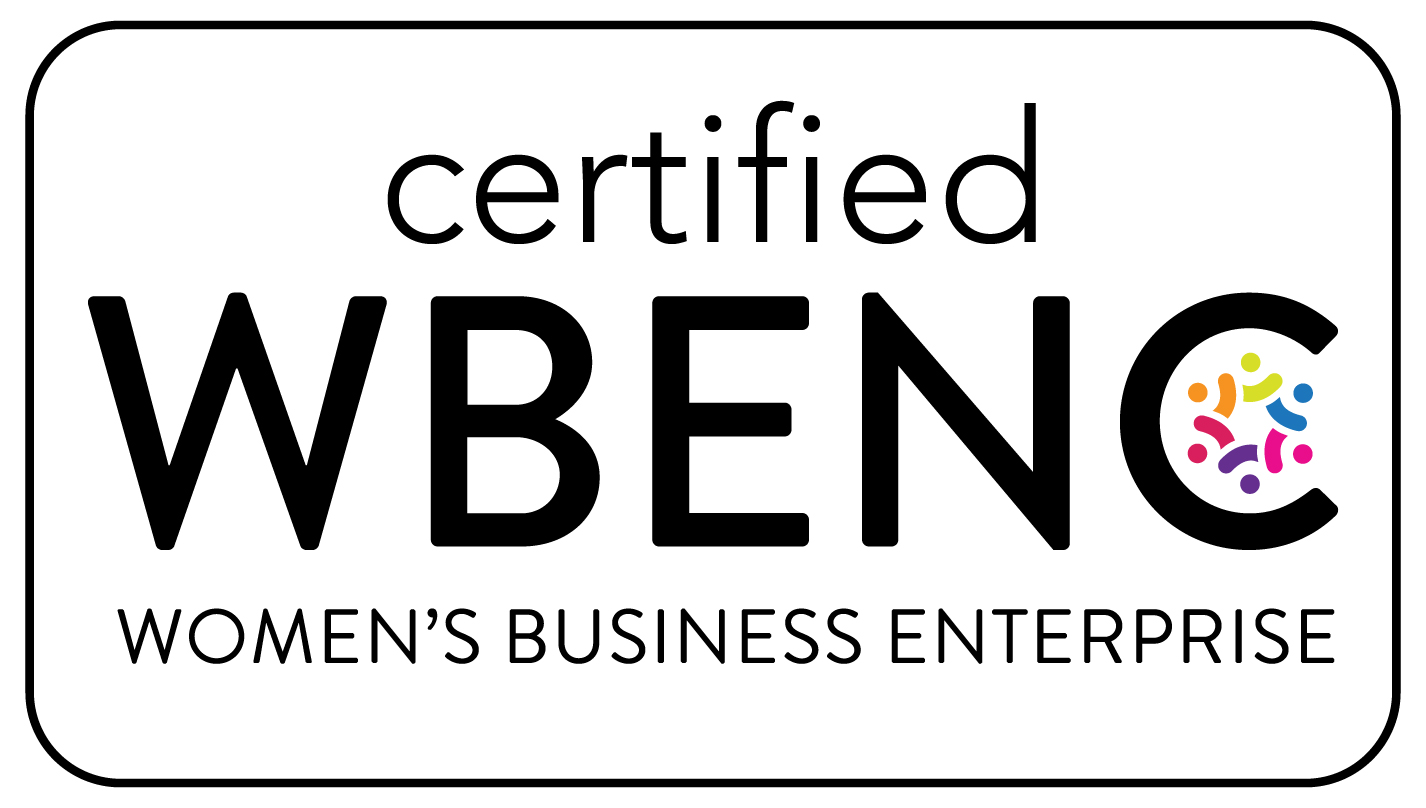At this age and stage of life, spring means a constant barrage of cleaning challenge content on my social media. At Stock Legal, “spring cleaning” in our corporate department means cleaning up a client’s corporate organization. That includes cleaning up entity organizations where clients are running multiple unrelated business lines through the same entity. As watching someone methodically power wash a concrete driveway is soothing to me, I’m hoping that you find talking about entity cleanup to be mesmerizing.
Because LLCs are inexpensive to form, the benefits of operating your businesses under separate LLCs (as opposed to one LLC, even if there are multiple d/b/as) greatly outweigh the initial, relatively minimal, time, money, and effort to set up the separate LLCs. And go take a five-minute break and watch a few power washing videos!
The Longer Version:
If you’ve already formed an LLC for a business – for the sake of staying on-theme, let’s say it’s a concrete power washing business called Power Washing, LLC – and you want to branch out, it can be tempting to operate your new endeavor under your existing entity. It appears convenient – after all, you already have business cards, letterhead, bank accounts, and credit cards set up in Power Washing, LLC’s name. Unfortunately, this initial convenience can cause major business and legal issues later on.
Most business owners elect to form an LLC because of its limited liability. By running a second business through your existing LLC, you lose protections that your LLC affords, for both businesses. This is true regardless of whether your second business is directly related or connected to your initial business, and whether the second business is similar to or different from your initial business. Going back to our example of Power Washing, LLC, perhaps you want to begin offering lawn mowing services. If you run the lawn service company under Power Washing, LLC, the assets of each of those businesses are not kept separate from one another through the liability shield separate entities province, which then causes two main issues:
- From a legal perspective, Power Washing, LLC is now liable for claims against the lawn service, and vice versa. In other words, if, while mowing someone’s lawn, a piece of the mower flies off and breaks a window, that person would sue Power Washing, LLC, and could recover damages against any and all of Power Washing, LLC’s assets, including those from the power washing business (even though those assets had nothing to do with the damage caused by the lawn service).
Now consider that if we formed Lawn Mowing, LLC, and operated it distinctly from Power Washing, LLC’s entity (complying with corporate governance principles), then the claim for the broken window could only be pursued against Lawn Mowing, LLC. Power Washing, LLC’s assets and its reputation are not at risk from the damage caused by Lawn Mowing, LLC. In this day of Google reviews and Yelp, protecting one’s reputation is more important than ever.
- From an administrative perspective, administering an LLC requires you to take certain steps to keep the business separate from you personally. You are (hopefully!) already doing that for your original company. If you begin to comingle businesses, it is more challenging to keep that clear delineation between each business and yourself. It’s also more difficult to track profits, losses, expenses, taxes, and other information for each business. It will be more organized and accurate, and thus easier, to make decisions about whether to change business strategy, increase price, gauge returns on investment, etc. if that information is kept distinct.
In addition to avoiding the above risks, forming a separate LLC for each business bestows several benefits:
- Potentially helps limit your tax liability (because your taxable income is kept separate)
- g. you can make a S-corp election for only one of the entities, if beneficial
- Allows for more flexibility
- you can add a member to one entity, and remain the sole member of another
- if desired, this also helps with taking on investors, or when you want to sell your business
- Makes each entity eligible for applicable incentives/certifications
- perhaps there are new business grants that would apply to your new LLC
- perhaps your old LLC would not qualify for certifications such as WBENC, but because of the membership structure, your new entity does
Hopefully by now you’ve been at least begrudgingly won over and can appreciate the need for having separate entities for each business. We do have a couple “cleaning hacks” to make forming and administrating your separate LLC a bit more palatable (aside from hiring Stock Legal to form your new entity, of course!):
- The first is structuring your businesses with your existing LLC acting as a holding company. A holding company is an LLC that owns one or more businesses, which live under the holding company “umbrella.” The holding company often owns common assets that are leased or licensed to the LLCs it owns. This organizational structure still requires that each company be separately administered, but it can allow for some efficiencies.
- Second, if you have created, or are considering creating, a joint trust with your spouse, in Missouri, you can enjoy the protections of that joint trust and of a single member LLC, as long as the joint trust contains separate shares for each spouse. Stock Legal’s estate team automatically prepares our clients’ trusts this way, but you can request this of any reputable estate attorney. The LLC would be 100% owned by the spouse’s separate share of the joint trust, but you’re able to treat your LLC as single member for tax purposes. Best of both worlds! If you have questions about this or about forming a joint trust, please reach out to Dan Julius at julius@stocklegal.com.










